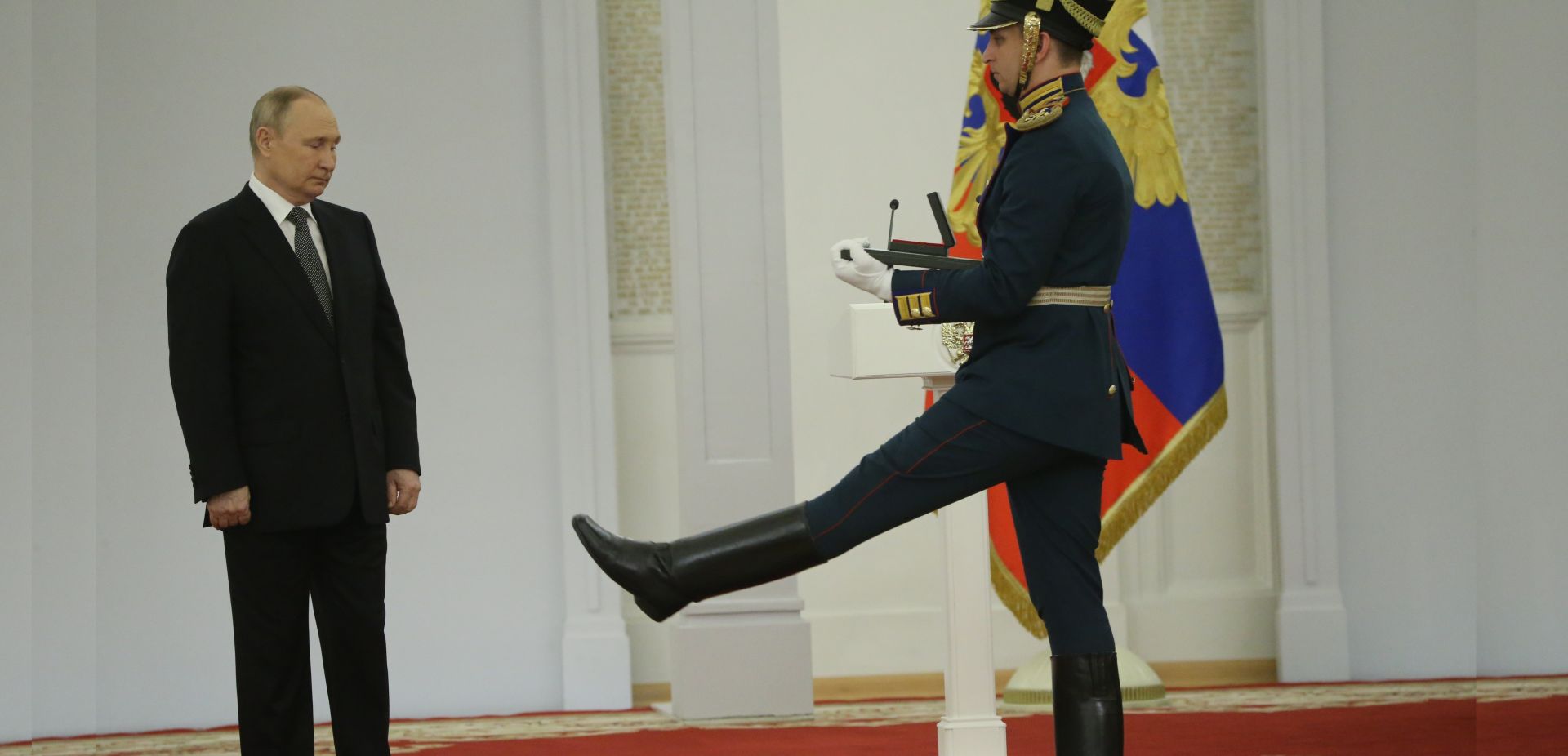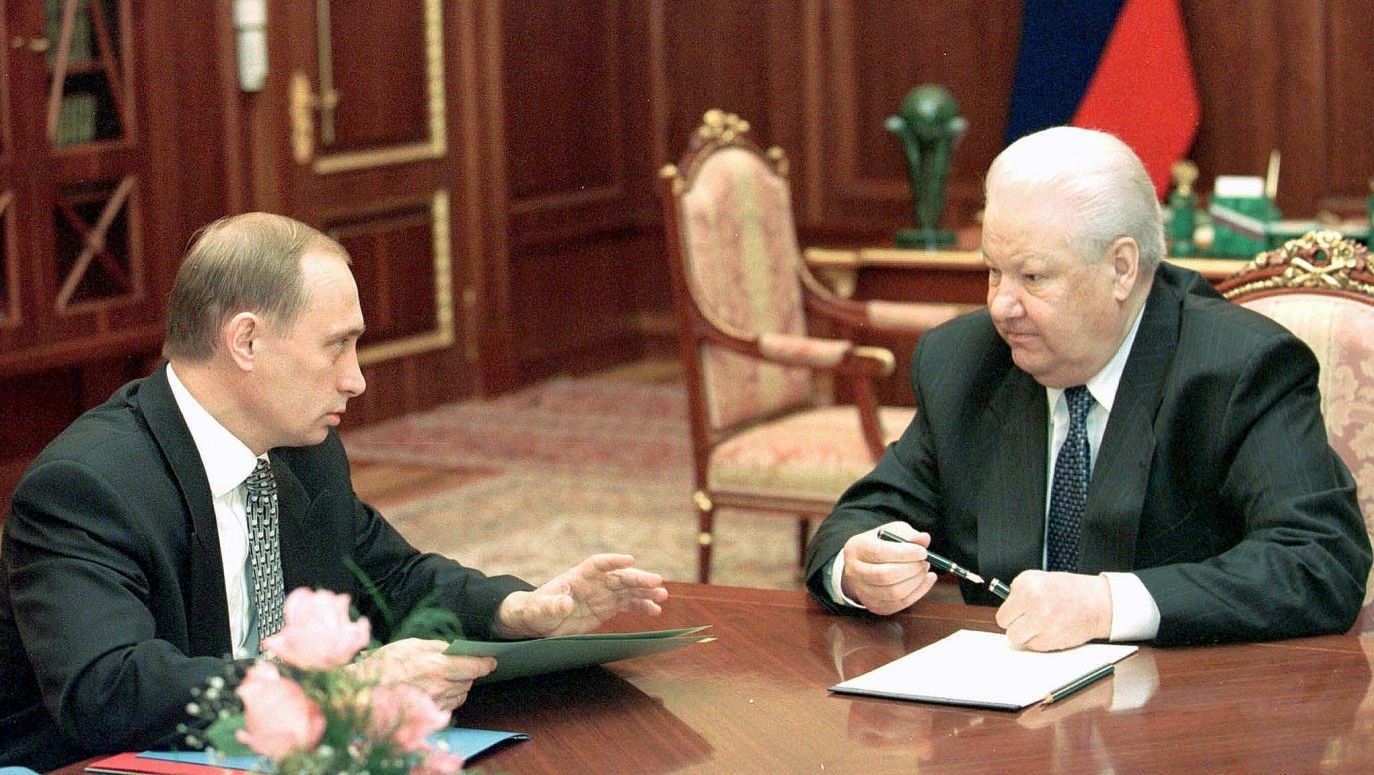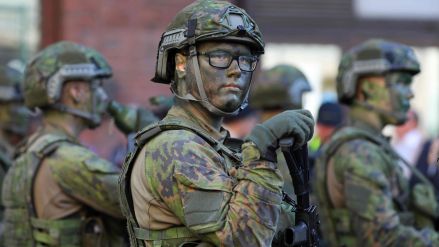There’s more intensive discussion in Russian circles and among western specialists about issues concerning the exchange of power in the higher levels of Russian politics. It is said that the failure of the blitzkrieg on Ukraine has undermined Putin’s authority. Furthermore, that the country is not prepared for long-term economic isolation or for the transformation into a Chinese colony as a source of raw materials. In addition, more voices have been heard concerning the failing health of the tenant in the Kremlin. We may shortly expect a communiqué in newspaper headlines that may confirm the thesis-although Putin may have indeed started the war, he would not be in a position to conclude it.
The British tabloid newspaper, the Sun rehashed, at the end of April, the question of Vladimir Putin’s alleged life-threatening disease. The Russian president, it continued, is suffering from a form of blood cancer and was due for an operation in May. The American periodical the New Lines Magazine only recently on the market, but one which has carved out an international reputation on its in-depth coverage of both the end of American intervention in Afghanistan and the current war in Ukraine, published a lengthy article on the state of Putin’s health. The author used sources from Boris Karpichkov, former security services officer who defected to the British. The article stated that the president was suffering from Parkinson’s disease as well as a range of serious ailments including dementia.
Toilet habits
Further revelations about the health of Putin were given by noted film director Oliver Stone, the producer of a four-part propaganda film, that came out on 2017, and which was a record of conversations with the president of Russia. Stone appeared on the podcast of Moscow-born, American expert on new technology and popular science, Lex Fridman. He was asked if the decision to embark on aggression against Ukraine was a conscious act of madness on the part of the Russian president. Stone replied “Don’t forget that Putin has cancer and thinks he has defeated it. But he was isolated during the time of Covid 19. He could have lost contact with people. I am speculating and I can’t say for certain.”
 SIGN UP TO OUR PAGE
SIGN UP TO OUR PAGE 
The thoughts of the American director fell on fertile ground. Especially in the views of the world looking for an answer to the question as to why Putin had been obsessively avoiding contact with the outside world, or has met only those who has been tested for Covid repeatedly and why there was a huge table at which to sit and hold conversation.
Shortly afterwards, the Kremlin disclosed a short recording of a conversation between Putin and minister Sergei Shoigu, during which he, Putin, gripped the corner of the table throughout. Many specialists concluded that this was meant to show that the Russian president wanted to mask the fact he was suffering from Parkinson’s disease. The was understood from a declaration by spokesman Dmitry Peskov to the effect that his chief is in rude health, as confirmation that “something was indeed afoot”. Then in the middle of May, there were further disclosures on the subject.
The Ukrainian internet portals relying on intelligence sources started to report that Putin may indeed have undergone an operation on May 16. His stand-in for a few days was to have been Nikolai Patrushev, the secretary of the National Security Council. The journalists noted the fall in media activity of Putin during the period. This reflected the experience of the past few months that had shown ups and downs. It was intensive at one point followed by the president disappearing from media appearances as though he was undergoing a period of accelerated rehabilitation.

 SIGN UP TO OUR PAGE
SIGN UP TO OUR PAGE 







